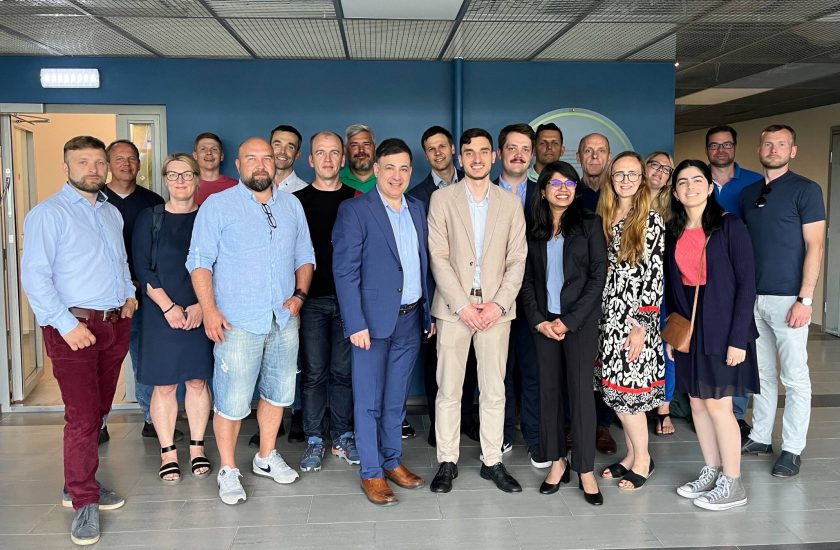Stakeholders in Estonia’s U-space sandbox programme have recently conducted a workshop in Tartu to discuss the sandbox and to collect feedback on its economic development.
The Estonian Transport Administration, with funding from the Estonian Business and Innovation Agency, launched a project to develop a concept for a U-space sandbox in April 2023 and workshop attendees reviewed preliminary operational concepts for testing and validating U-space services and discussed market and exploitation ideas for attracting users.
“ANRA Technologies OÜ (ANRA), in partnership with the Tartu Science Park (TSP) Foundation, who were awarded a contract to develop a sandbox concept for U-space systems, led the daylong workshop hosted at TSP office facilities,” says a consortium press release.
“ANRA leads the first phase of the project for developing and integrating U-space and Common Information services for the project named CACTUS (Competent Authority Coordinating Testing in U-space Sandbox). ANRA will provide all the necessary foundational infrastructure to enable the interaction of the various U-space services and exchange data with stakeholders in the ecosystem.”
“It’s important for the Estonian Transport Administration to ensure that all interested parties have access to modern and versatile infrastructure for testing and validating any necessary solutions for the development of various innovative technologies,” said Üllar Salumäe, Director of Aviation at the Estonian Transport Administration.
Establishing a sandbox will open opportunities for the wide-scale development and deployment of uncrewed aviation technologies, said the press release. “This will prepare the way for innovative aviation concepts and safety standards and facilitate the safe testing of automated aviation systems. The long-term aim is to create an environment for technologies that bridge all key stakeholders, including airspace users, industrial companies, and research institutions.”
“The Estonian Aviation Academy collocated at Tartu Airport would be a logical home for initial support for the sandbox,” stated Maiken Kull, Vice Rector for Development at the Estonian Aviation Academy. “This, along with other regional resources and capabilities, including strong support from the city of Tartu, aligns nicely with a low-risk initial U-space implementation strategy for Estonia. U-space sandbox also enables drone operators to enter the market with new technologies supporting digital and smart mobility, facilitating more complex unmanned aerial operations.”
The cooperation project “Expertise for the Development of an Unmanned Aviation (U-space) Sandbox” will be funded by the European Regional Development Fund 2014-2020.
“The workshop was a great opportunity to discuss important topics that will impact not only the sandbox, but also the wider community developing an ecosystem for enabling future drone services,” said Pirko Konsa, board member at TSP. “We are very excited to help develop something that has tremendous value for the drone industry.”




